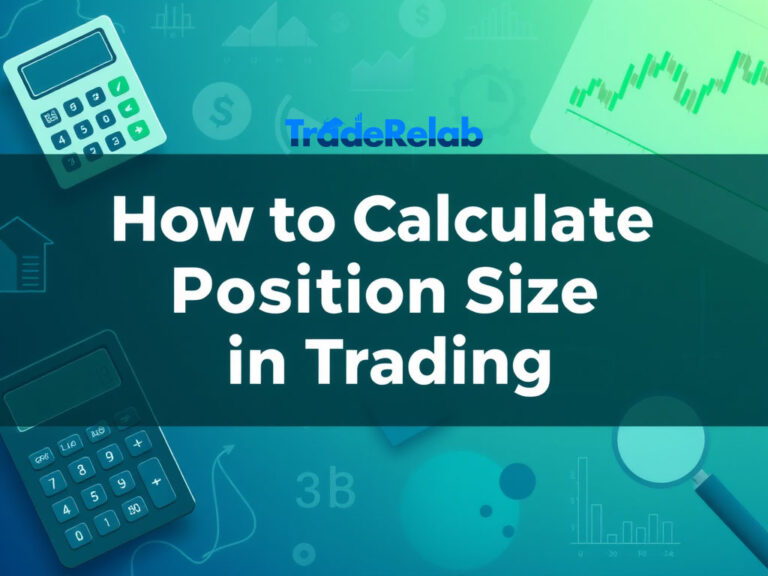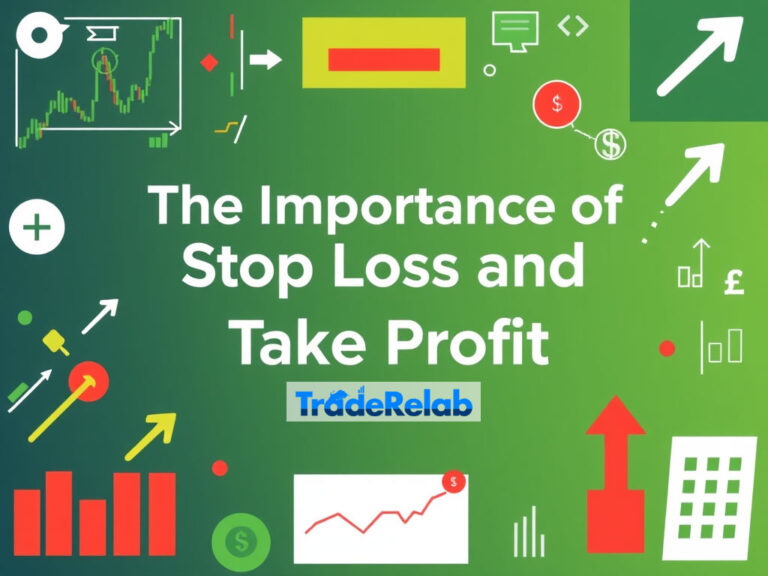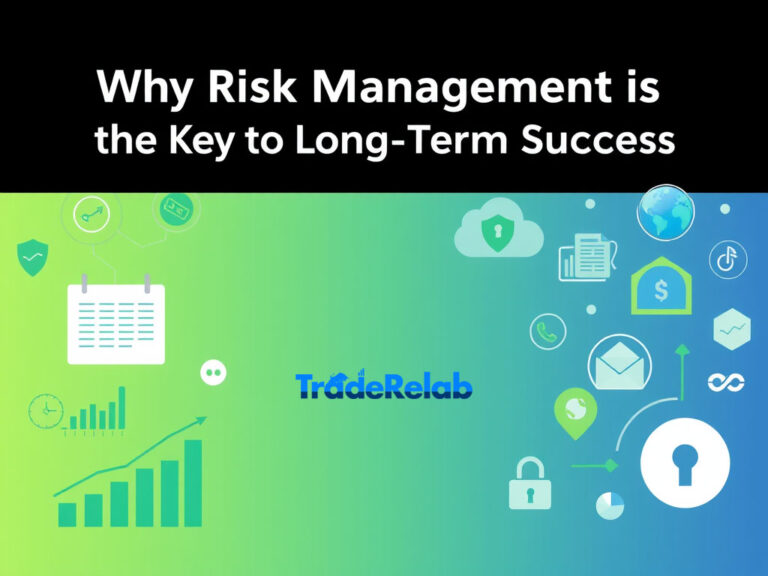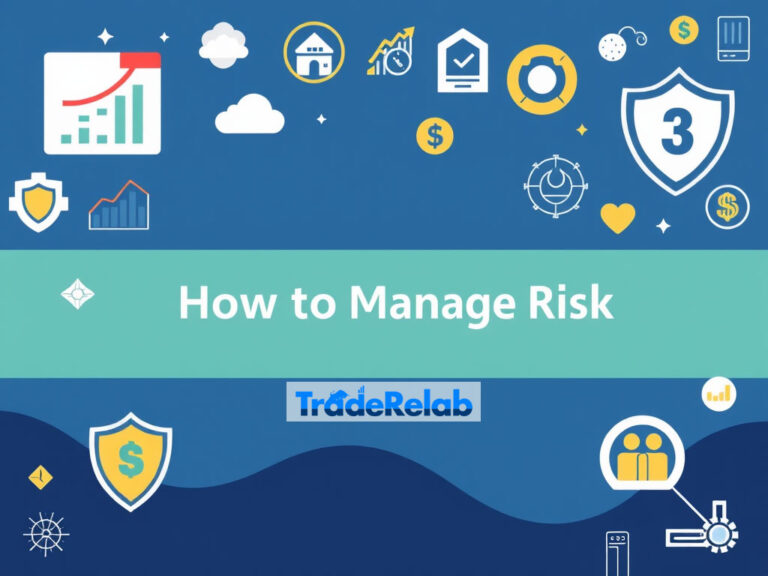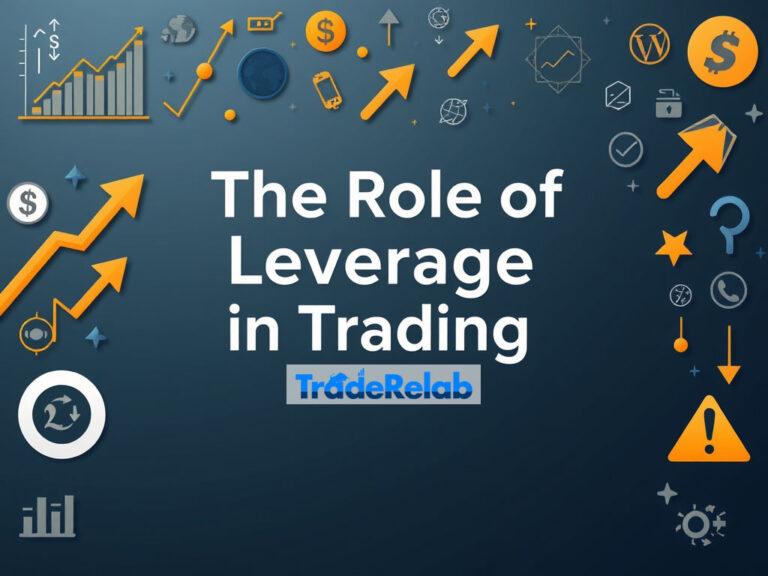The Dangers of Overtrading and How to Avoid It
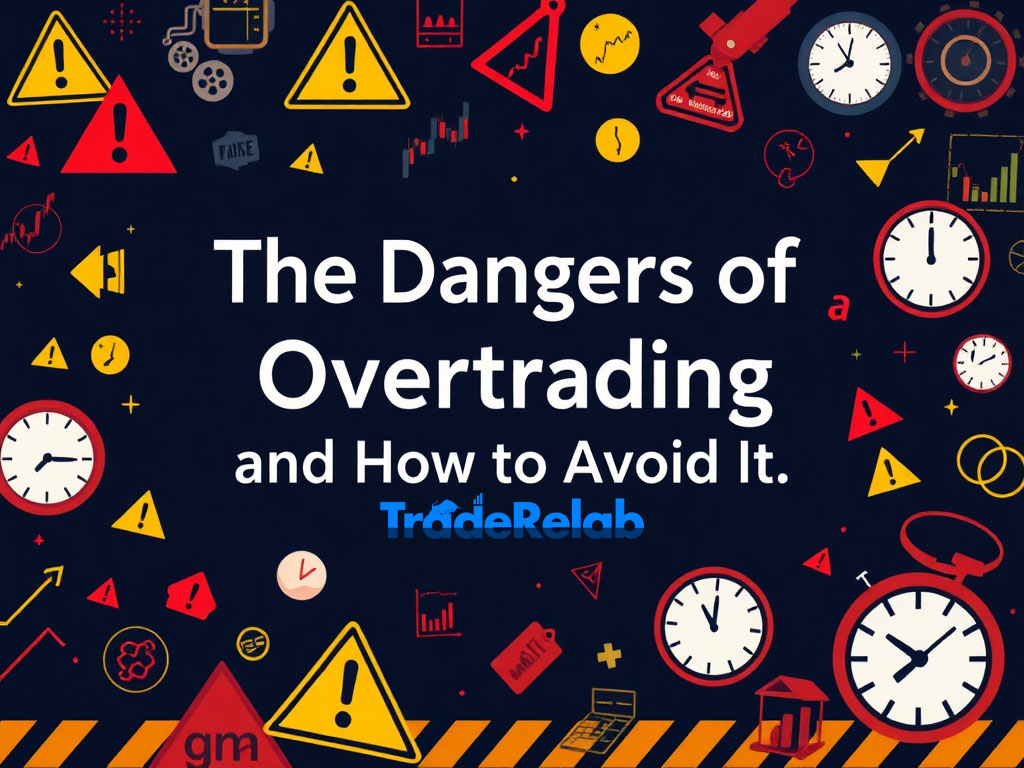
Overtrading is one of the most common pitfalls that traders face, and it can be detrimental to their long-term success in the financial markets. It occurs when a trader takes excessive positions, trades too frequently, or risks too much capital without proper risk management. Overtrading can lead to significant losses, emotional stress, and the erosion of a trader’s account balance. In this article, we’ll explore the dangers of overtrading, the reasons why traders fall into this trap, and provide practical strategies to avoid it.
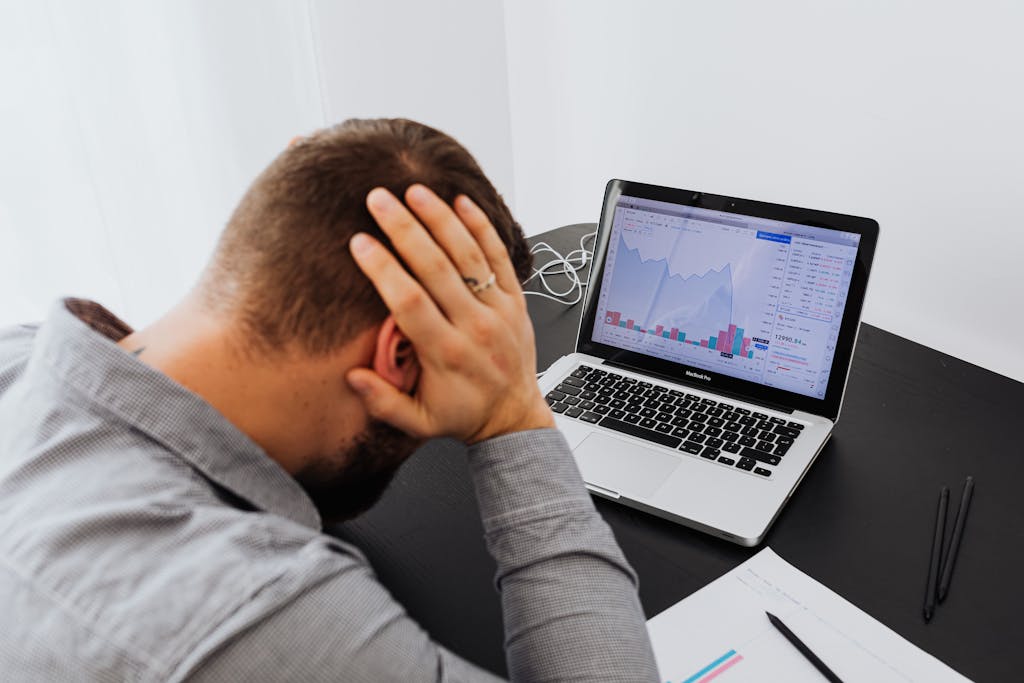
What is Overtrading?
Overtrading refers to the act of executing an excessive number of trades or risking more capital than is prudent for a given situation. This can happen when a trader is trying to recoup losses, chase profits, or simply feels the need to be active in the market at all times. While some degree of activity is necessary for successful trading, overtrading involves a lack of discipline and risk management. It can result in taking unnecessary risks, leading to potential losses that could have been avoided.
The Dangers of Overtrading
- Increased Risk Exposure Overtrading significantly increases the risk exposure of a trader. When traders make too many trades or risk more capital than they should, they expose themselves to a greater chance of losing money. Every trade carries inherent risk, and overtrading multiplies this risk. Even if a trader has a high success rate, a series of overtrading decisions can wipe out gains quickly.
- Emotional Burnout Overtrading can take a toll on a trader’s emotional well-being. Constantly analyzing charts, making decisions in rapid succession, and managing multiple positions can lead to stress, frustration, and fatigue. This emotional burnout can cloud judgment, leading to poor decision-making and increased risk of further losses.
- Loss of Discipline One of the key principles of successful trading is discipline. Overtrading is a direct result of a lack of discipline. Traders who fail to stick to a clear strategy and take unnecessary trades often make impulsive decisions based on emotions like fear or greed. These decisions rarely lead to sustainable profitability.
- Chasing Losses A common reason why traders overtrade is to try to recover losses. After a losing trade, traders may feel the urge to make a quick recovery by placing another trade, which often leads to more losses. This cycle of chasing losses can result in a significant depletion of capital and may lead to giving up on trading altogether.
- Increased Transaction Costs Every trade comes with a cost. Overtrading increases transaction fees, commissions, and spreads. These costs can quickly eat into a trader’s profits, making it harder to achieve consistent returns. Even if a trader is profitable, excessive transaction fees can nullify any gains.
- Overexposure to Market Volatility When traders take too many positions or risk more than they should, they become more exposed to market volatility. Financial markets can fluctuate unpredictably, and overexposing oneself to these movements can result in severe losses if a position moves against the trader.
Why Do Traders Overtrade?
There are several reasons why traders may fall into the trap of overtrading. Understanding these reasons is the first step toward avoiding this dangerous behavior:
- Lack of a Clear Trading Plan Many traders overtrade because they lack a defined trading plan. Without clear entry and exit criteria, risk management strategies, and trading goals, traders are more likely to take unnecessary trades out of impulsiveness or a desire to be active in the market.
- Fear of Missing Out (FOMO) FOMO is a psychological factor that drives traders to enter trades even when the setup doesn’t align with their strategy. The fear of missing out on a potential profit can lead to hasty decisions and impulsive trades, resulting in overtrading.
- Emotional Decision-Making Overtrading often occurs when traders make decisions based on emotions rather than logic. After a winning trade, traders may feel overly confident and take unnecessary risks, while after a losing trade, they may feel the need to “get even” and place a trade to recoup their losses.
- Impatience Traders may become impatient if they are not seeing immediate results. In an attempt to speed up their progress or achieve quick profits, traders might engage in overtrading by placing more trades than necessary, which increases the likelihood of losing money.
- Lack of Proper Risk Management Without effective risk management in place, traders are more likely to overtrade. For example, if a trader does not have a stop-loss strategy or does not set appropriate position sizes, they may take trades recklessly, leading to overexposure and unnecessary losses.
- Unrealistic Expectations Some traders enter the market with unrealistic expectations, hoping to become wealthy quickly. This leads them to overtrade in an attempt to accelerate profits. Unfortunately, this approach often results in significant losses due to the lack of proper planning and the inherent risks of trading.
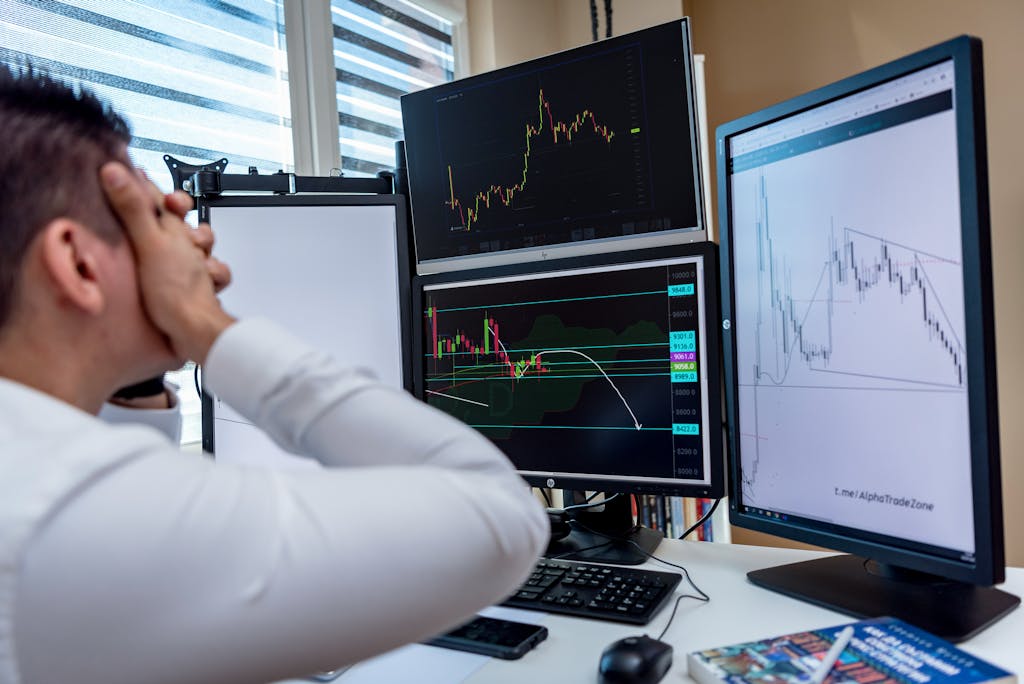
How to Avoid Overtrading
Avoiding overtrading requires self-discipline, a well-thought-out strategy, and a clear understanding of market dynamics. Here are some practical tips to help you avoid overtrading and improve your trading success:
1. Develop a Solid Trading Plan
A well-defined trading plan is the foundation of disciplined trading. Your plan should include:
- Clear entry and exit criteria
- Risk management strategies, such as stop-loss orders and position sizing
- A set of rules for when to take trades and when to stay out of the market Having a plan in place helps you avoid impulsive decisions and ensures that you are following a structured approach to trading.
2. Set Realistic Goals
Setting realistic, achievable goals helps you stay focused and avoid the temptation to overtrade. For example, instead of aiming for rapid, massive profits, set smaller, more attainable profit targets. Understand that trading success is a long-term endeavor and requires patience.
3. Implement a Risk Management Strategy
Proper risk management is crucial for preventing overtrading. You should never risk more than a small percentage of your capital on any single trade. The most common recommendation is to risk no more than 1-2% of your trading capital per trade. Additionally, use stop-loss orders to limit potential losses and protect your capital.
4. Avoid Emotional Trading
Emotional trading is a major driver of overtrading. To avoid emotional decision-making, take regular breaks from the market and ensure that your trades are based on logic and your trading plan rather than impulsive emotions. If you feel emotionally charged after a loss or a win, take a step back and avoid trading until you regain a clear mind.
5. Limit Trading Hours
Limiting the time you spend in the market can help reduce overtrading. Decide in advance how many trades you plan to take each day or week, and stick to that limit. By restricting your trading hours, you can avoid the temptation to take unnecessary trades simply for the sake of being active.
6. Track Your Trades and Review Your Performance
Keep a trading journal to track all your trades, including your reasons for entering and exiting positions. Reviewing your performance regularly allows you to identify patterns in your behavior, including tendencies to overtrade, and make adjustments to improve your decision-making process.
7. Use Technology to Your Advantage
Many traders use tools like automated trading systems and alerts to help manage their trades. Setting up alerts for key levels or trade setups can prevent you from making impulsive decisions. Additionally, automated systems can help ensure that you stick to your strategy without getting distracted by emotions.
8. Take Breaks from Trading
Continuous trading can be mentally exhausting and lead to poor decision-making. Regular breaks allow you to reset and avoid overtrading out of fatigue. Set time limits for trading sessions and avoid trading for extended hours without rest.
Conclusion
Overtrading is a serious risk that can derail a trader’s success and result in significant financial loss. The key to avoiding overtrading lies in developing a disciplined approach, sticking to a trading plan, and managing risk effectively. By recognizing the dangers of overtrading and implementing strategies to mitigate it, you can increase your chances of achieving consistent, long-term success in the financial markets.
Remember, trading is not about being active all the time — it’s about being smart, strategic, and patient. By following the advice in this article, you can protect your capital, maintain emotional balance, and build a solid foundation for profitable trading.
FAQ
1. What is considered overtrading? Overtrading occurs when a trader takes too many trades or risks more capital than is appropriate for their strategy and risk tolerance. It often leads to higher risks and losses.
2. How can I recognize if I’m overtrading? If you’re feeling emotionally drained, making impulsive trades, or risking more capital than you intended, you might be overtrading. Keeping a trading journal and reviewing your trades can help you identify these behaviors.
3. How does overtrading impact my trading results? Overtrading increases the likelihood of making poor decisions, which can result in losses. The more trades you take, the more transaction fees you incur, and the greater your exposure to market volatility.
4. Can overtrading be prevented? Yes, overtrading can be prevented by developing a solid trading plan, setting realistic goals, managing risk effectively, and staying disciplined in your approach.
5. What should I do if I feel the urge to overtrade? If you feel the urge to overtrade, step away from the markets and take a break. Review your trading plan and remind yourself of your long-term goals. Avoid making impulsive decisions based on emotions like fear or greed.

